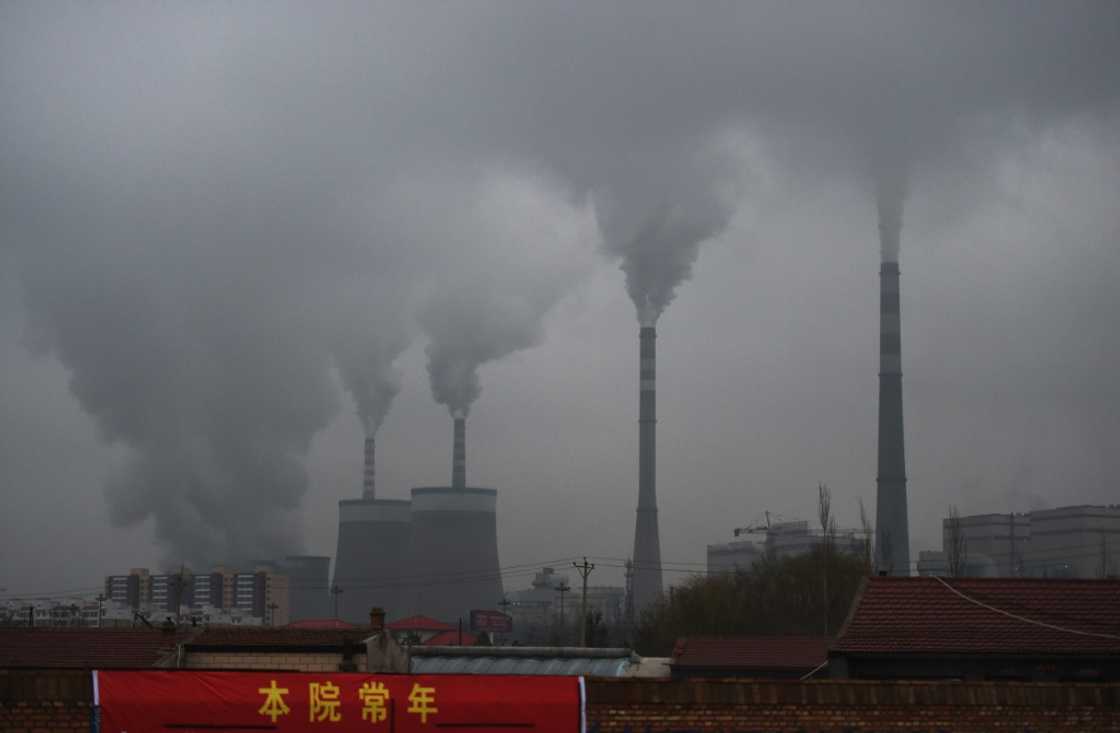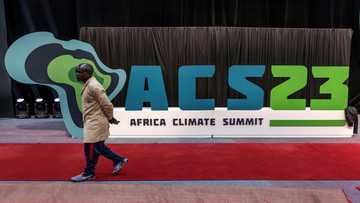G20 per capita coal emissions growing: research

Source: AFP
PAY ATTENTION: Be the first to follow YEN.com.gh on Threads! Click here!
G20 per capita coal emissions continue to rise despite climate pledges and transition efforts by some members of the group of major economies, new research showed Tuesday.
The group, whose leaders meet in New Delhi this weekend, accounts for 80 percent of global power sector emissions.
But in talks in July, it failed to agree that global emissions should peak by 2025 or to massively ramp up renewable energy use.
Between 2015 and 2022, per capita G20 coal emissions rose nine percent, according to the research published Tuesday by Ember, an energy thinktank that pushes for renewable power.
Twelve G20 members, including Britain, Germany and the United States, were able to significantly decrease per capita emissions.
But other countries, including G20 host India, Indonesia and China, all saw their emissions rise.
Indonesia, which last year received pledges of $20 billion from rich nations to wean itself off coal, saw its per capita emissions from the fuel jump 56 percent from 2015.
Even some countries that achieved reductions in their emissions continue to emit far above the global average on a per capita basis, the report said.
"China and India are often blamed as the world's big coal power polluters," said Dave Jones, Ember's global insights lead.
"But when you take population into account, South Korea and Australia were the worst polluters still in 2022."
The rises come despite persistent warnings that deep cuts to fossil fuel emissions are necessary to keep the planet liveable.
Coal-fired power plants that do not deploy carbon capture technology must decline by 70-90 percent within eight years, according to the Intergovernmental Panel on Climate Change.
But many G20 members have yet to unveil comprehensive coal drawdown strategies, Ember noted.
"Growing wind and solar are helping to reduce coal power emissions per capita in many countries, but it's not enough yet to keep pace with rising electricity demand in most emerging countries," the report warned.
The group called on G20 members to agree this weekend on tripling renewables by 2030 and to offer clear policies on coal power phaseout.
New feature: Сheck out news that is picked for YOU ➡️ click on “Recommended for you” and enjoy!
Source: AFP



